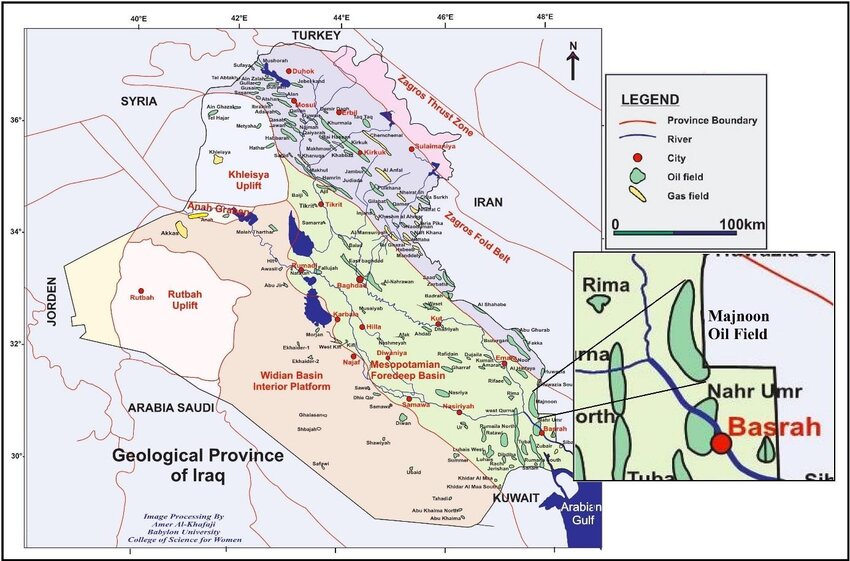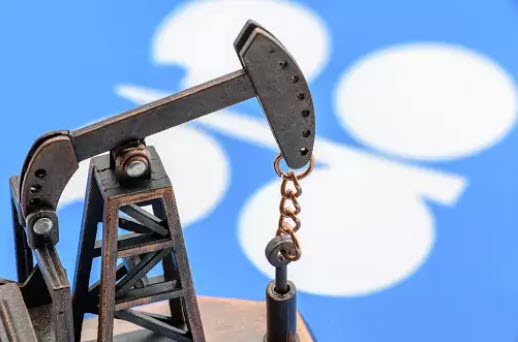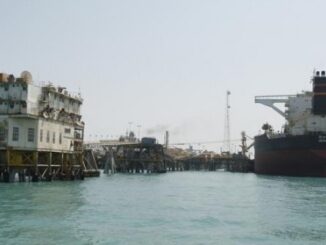
In a significant escalation of geopolitical tensions, Russian oil giant Lukoil has declared force majeure at its West Qurna-2 oilfield in southern Iraq, citing disruptions caused by fresh U.S. and U.K. sanctions. This move, announced last week, has already contributed to upward pressure on global oil prices, as markets grapple with the potential loss of nearly 480,000 barrels per day (bpd) of production—equivalent to about 9% of Iraq’s total output.
The declaration marks the most substantial fallout yet from the Trump administration’s renewed sanctions regime aimed at curbing Russia’s funding for its ongoing conflict in Ukraine.The Russian Announcement and Departure from IraqLukoil, which holds a 75% stake in the West Qurna-2 project, formally notified Iraq’s oil ministry of the force majeure last Tuesday, stating that sanctions have prevented it from maintaining normal operations.
Under the terms of its contract, this legal step allows Lukoil to suspend obligations without penalties, but if the issues persist for six months, the company could fully shut down production and exit the project entirely.
Iraq’s State Oil Marketing Organization (SOMO) has responded by halting all cash and crude payments to Lukoil, canceling three cargo loadings and reallocating around 4 million barrels of crude originally set for in-kind payments in November.
The sanctions, imposed by the Trump administration last month, target Lukoil and other Russian majors like Rosneft, restricting their access to international financial systems and prohibiting dealings with U.S. entities.
This has frozen payments for Lukoil’s Iraqi operations and complicated logistics, including salary payments for hundreds of employees, most of whom are Iraqi.
Lukoil has already terminated services for non-Russian foreign staff at the site, leaving only Russian and local personnel.
While not an immediate full withdrawal, the force majeure effectively signals Lukoil’s operational retreat, exacerbated by long-standing disputes with Iraq over low remuneration fees of just $1.15 per barrel—the lowest for any international operator in the country—and unmet production targets despite $8 billion in investments.
Impact on Global Markets
The disruption has injected fresh volatility into global oil markets, with prices climbing on Tuesday as traders assessed the risks of reduced supply from one of OPEC’s key producers.
ICE Brent futures have been trading in a tight $63 to $66 per barrel range this month, but the sanctions’ ripple effects—combined with broader restrictions on Russian exports—have prompted a modest rally, countering concerns over potential oversupply in 2026.
Analysts note that while the immediate loss of West Qurna-2 output could tighten refined fuel markets in Europe, flattening backwardation curves and rising floating storage in Asia suggest a bearish longer-term outlook.
Broader market dynamics are at play: The sanctions target Russia’s shadow fleet and LNG sector, potentially curbing its 3.1 million bpd of exports and further straining global supply chains.
However, some sessions have seen prices slip amid signs of weakening demand, illustrating the delicate balance between geopolitical risks and economic headwinds.
OPEC+ may need to adjust production cuts in response, with experts warning that prolonged disruptions could push prices higher in the short term, benefiting producers but pressuring consumers worldwide.
Oil Companies Poised to Fill the Vacuum
Lukoil’s potential full exit creates a vacuum in Iraq’s oil sector, opening doors for other international players to step in and capitalize on the West Qurna-2 field’s substantial reserves. If Lukoil sells its stake—under an OFAC license to navigate sanctions—potential buyers or replacements include Western majors with established footprints in Iraq.
|
Company
|
Current Involvement in Iraq
|
Potential Role in West Qurna-2
|
|---|---|---|
|
ExxonMobil
|
Operates the neighboring West Qurna-1 field
|
Could expand operations, leveraging proximity and expertise in large-scale projects.
oilprice.com
|
|
BP
|
Leads the Rumaila field and has reset strategy toward fossil fuels
|
Well-positioned to bid, with strong ties to Iraqi infrastructure.
oilprice.com
|
|
TotalEnergies
|
Involved in a $27 billion multi-project deal, including seawater supply for enhanced recovery
|
Likely candidate due to ongoing investments in oil and gas upgrades.
oilprice.com
|

These companies stand to benefit from improved terms, potentially higher remuneration rates, and U.S. backing, as the exit is seen as a geopolitical win for the West in reducing Russian influence in the Middle East.
Non-Western players like China’s CNPC could also express interest, but Western firms are favored amid the sanctions context.
What This Means for Investors
For investors, Lukoil’s predicament underscores the risks of exposure to sanctioned entities, with the company’s shares potentially facing further pressure as it navigates frozen assets and forced divestitures.
Broader Russian oil stocks may see volatility, as sanctions extend to international operations, including potential seizures like Lukoil’s Burgas refinery in Bulgaria.
On the upside, rising oil prices could boost profits for non-Russian producers, particularly U.S. shale operators and OPEC members.
Investors eyeing opportunities in Iraq should watch ExxonMobil, BP, and TotalEnergies, whose stocks may gain from expanded market share and strategic footholds in a region with vast untapped reserves.
However, caution is advised: Oversupply risks and a bearish 2026 outlook could temper gains, while geopolitical escalations add uncertainty.
Diversifying into energy transition plays or stable dividends from majors might mitigate these swings. As the Trump administration’s sanctions bite deeper, this event highlights the intertwined nature of energy, politics, and markets—reminding investors that supply disruptions can create both pitfalls and prospects in the volatile oil sector.
Got Questions on investing in oil and gas? Or do you have a Tax Burden in 2025?
ENB Top News
ENB
Energy Dashboard
ENB Podcast
ENB Substack








